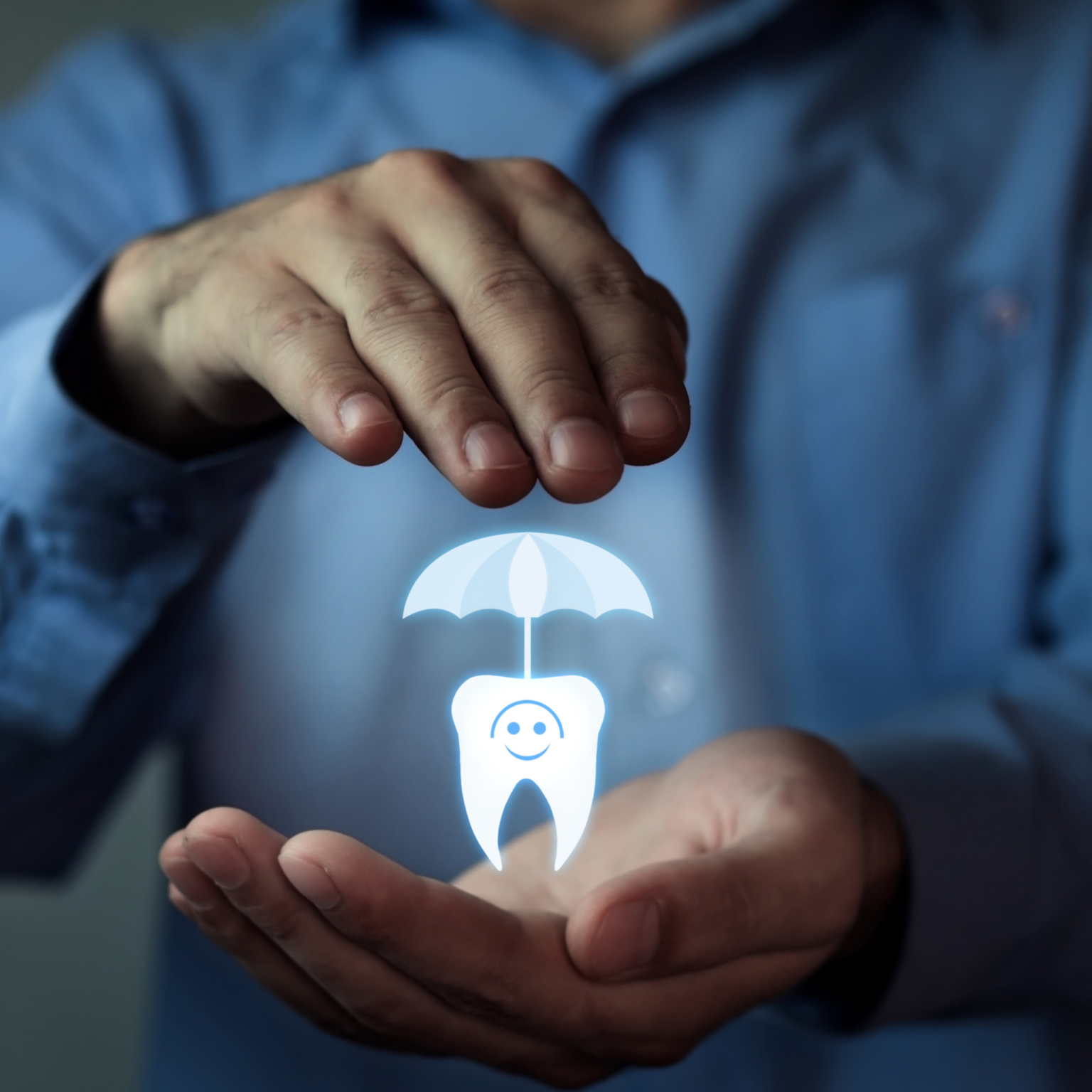Dental Emergency
Dental emergencies can encompass a wide range of issues, from severe toothaches to chipped or dislodged teeth. At Gladstone Park Dental, we emphasize the importance of accurate diagnosis by a qualified dentist to identify the underlying cause of a dental emergency. This allows for appropriate treatment options to be presented, maximizing your tooth’s chances of survival. An incorrect diagnosis can result in inappropriate or unnecessary treatment, potentially compromising your oral health.
If you experience a dental emergency such as a fractured tooth, intense throbbing pain, swelling, or dental trauma, we urge you to contact our clinic urgently. Cases of this nature are given top priority, and our team will make every effort to promptly address your concerns.

Types of Emergencies
A calm, rational response to any dental emergency will ensure your teeth have the best chance of survival and pain is alleviated quickly. Unfortunately dental emergencies can happen at any time day or night, and can be quick frightening if unexpected.
Here is a short list of common dental emergencies and the suggested procedure to follow if you have not reached the clinic for help.
Steps to Take:
- Contact Gladstone Park Clinic as soon as possible.
- Pick up the tooth by the crown and rinse it under milk, saliva or warm water to remove any debris. DO NOT TOUCH THE ROOT
- Attempt to place the tooth back into it’s socket, if however replanting is not possible. Keep the tooth moist by immersing it in milk or saliva, sealing it in plastic wrap or placing it in the person’s mouth next to the cheek.
It’s important to remain calm and find the actual tooth after an accident. In addition, the roots and tissue fragments on the base of a tooth are extremely fragile which is why it’s important to be extra careful when handling a loose tooth. You must ensure the nerves and blood vessels remain healthy to ensure the tissues will grow to support the tooth once again. Teeth that are replanted within 20 minutes have the best chance of surviving.
Steps to Take:
- Call Gladstone Park Dental Clinic
- Rinse out the fragment of tooth with lukewarm water
- If your mouth is bleeding, apply a gauze for up to 10 minutes
- If you experience swelling, place a cold towel or ice pack on the cheek
- Take a painkiller to reduce pain and swelling
The severity of a cracked or fractured tooth will determine how serious the accident was. If a fracture or crack extends into the root, therapy may be necessary to retain function. Sometimes if a tooth only has a segment chipped off, Gladstone Park will attempt to fix the fragment onto the tooth as a temporary measure.
For immediate relief, contact Gladstone Park Dental or your pharmacist to learn about over-the-counter pain medication that can reduce discomfort. It’s important to keep your mouth as clean as possible and to reduce swelling by compressing cold packs against the cheek. In addition, ensure there is no food or debris caught between your teeth, this can be removed easily by gently flossing between your teeth. If symptoms continue to persist, it would be wise to contact Gladstone Park dental for further assistance.
This type of injury can occur unexpectedly during sport or eating. In order to minimise bleeding and swelling, simply wash the area gently with warm, salty water and apply pressure with an ice pack. If symptoms persist, contact Gladstone Park Dental for further assistance.
A localised infection which usually forms at the root of the tooth or in the space between the teeth and gums. If you’re experiencing discomfort when you bite or chew, this can be a sign of an abscess and needs to be treated to limit further damage to live tissue and surrounding teeth. Pain can last from 30 seconds up to hours at a time and can be accompanied by swelling, a foul odour and a bad taste.
To alleviate pain and discomfort, simply rinse your mouth with warm salt water a few times a day until you’re able to attend an appointment. It’s important to see Gladstone Park Dental as soon as possible to ensure unnecessary damage is prevented and pain is alleviated.
Steps to Take: (if you cannot get to the dentist)
- Too minimise pain, apply clove oil directly to the tooth
- Re-cement the dental appliance onto the tooth with dental cement purchased from a local pharmacist.
- If you cannot find the dental appliance, smear the dental cement over the tooth to alleviate discomfort
- DO NOT USE GLUE
It is considered a dental emergency if you have lost a dental appliance such as a filling, crown or veneer. Specifically, the tooth has lost the support and protection it originally had and may be significantly weaker. Meaning your teeth are much more vulnerable to chipping, crumbling and may require additional treatment if your condition worsens. To ensure your teeth have the best chance of survival and the damage is limited, we encourage you to contact Gladstone Park Dental.

